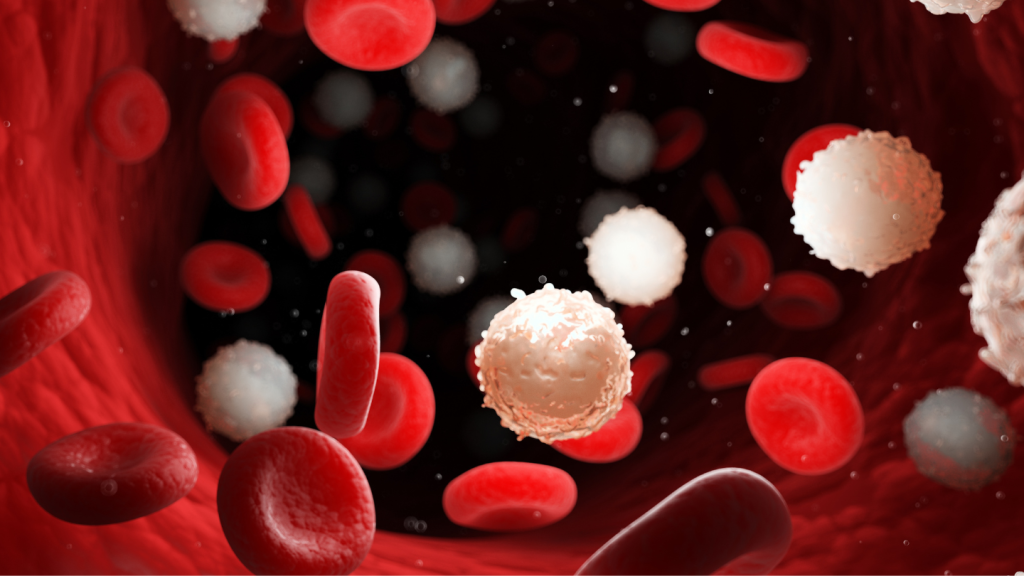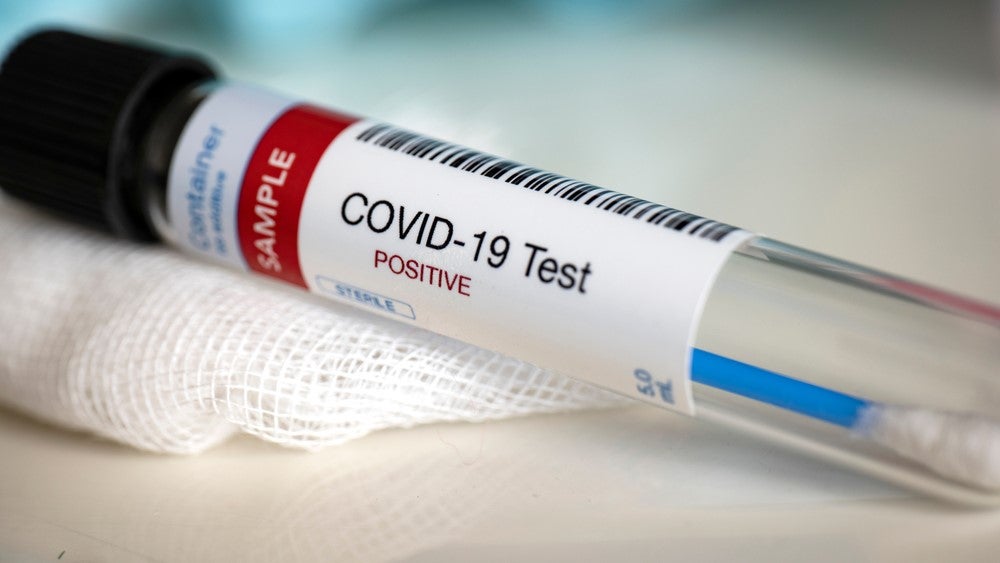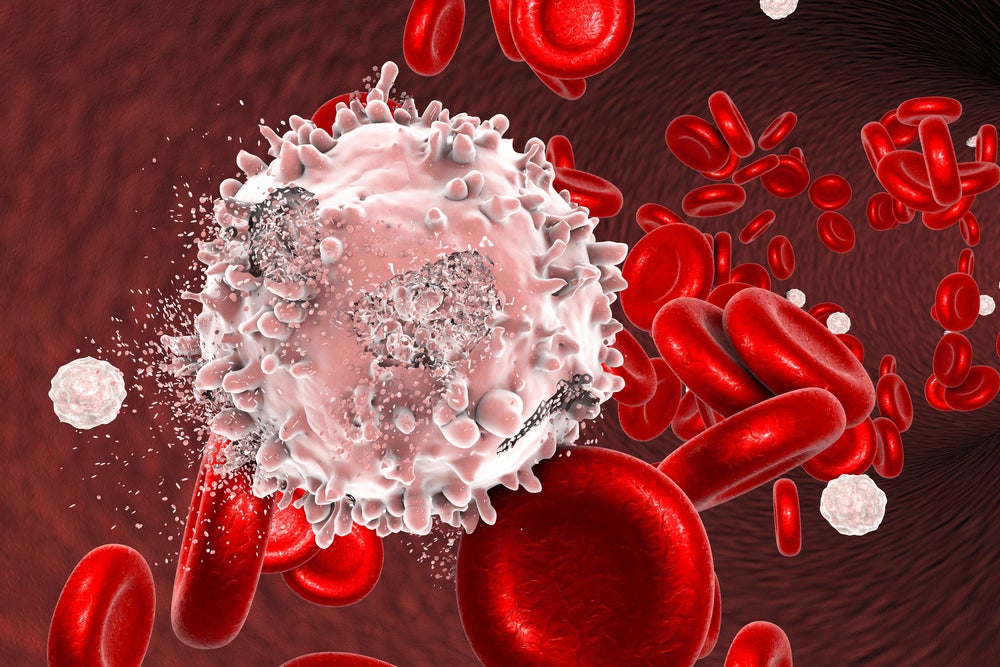US-based biopharmaceutical company Acurx Pharmaceuticals has completed a Phase IIb clinical trial of its antibiotic candidate ibezapolstat to treat patients with Clostridioides difficile infection (CDI).
The company announced the trial's discontinuation due to its success following talks with its statisticians as well as medical and scientific advisors.
This decision was based on complete blinded data and other aspects, such as expenditure for trial site maintenance and slow enrolment due to Covid-19.
The randomised, double-blind trial analysed ibezapolstat as a CDI treatment.
Acurx reported that ibezapolstat and vancomycin, a control antibiotic, demonstrated greater clinical cure rates in the trial, with no new safety issues reported.
As a result, the trial was discontinued and the Independent Data Monitoring Committee of the trial does not need to conduct an interim data assessment.
Based on topline efficacy data from the trial, Acurx plans to progress the antibiotic candidate to Phase III trials more quickly.
Acurx Pharmaceuticals executive chairman Robert DeLuccia said: “Considering the totality and weight of evidence of our preclinical Phase I and Phase IIa clinical results and now with the observed aggregate blinded data, we determined it was in the best interests of the company and its shareholders to discontinue the Phase IIb clinical trial early and prepare for Phase III clinical trials.
“We look forward to compiling, analysing the data and reporting topline results for the study’s primary clinical endpoint and safety aspects as soon as possible.”
According to the findings from a Phase IIa study, ibezapolstat treatment was shown to eliminate colonic C difficile by day three.
Acurx also reported overgrowth of healthy gut microbiota during and after treatment with this antibiotic.
In addition, emerging data show an increased concentration of secondary bile acids before and after ibezapolstat therapy, which is known to correlate with colonisation resistance against C difficile.















